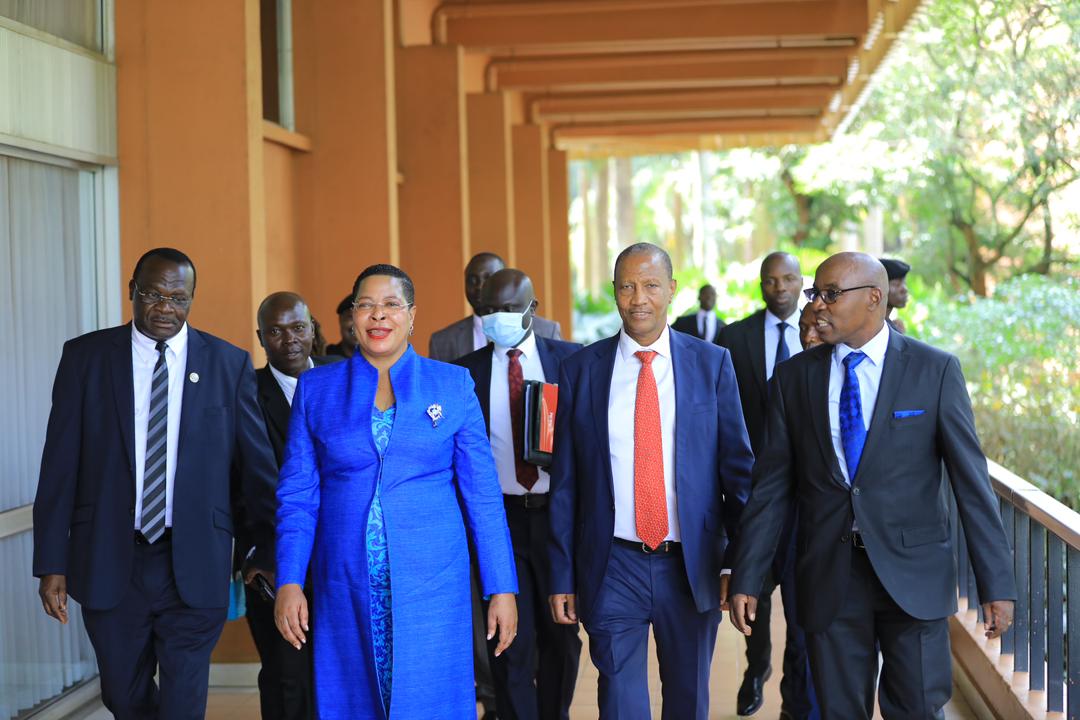A simmering diplomatic feud has erupted between Uganda and the United Kingdom following Britain’s decision to impose sanctions on three Ugandan politicians, including Parliament Speaker Anita Among, over corruption allegations. The move has intensified tensions between the two nations, with Kampala vehemently denouncing London’s actions as unwarranted interference in its internal affairs.
The sanctions, which entail travel bans and asset freezes, have targeted Among and two other lawmakers, Karamoja Mary Kitutu and Agnes Ng’andu, who are facing charges in Uganda’s Anti-Corruption court for their alleged involvement in misappropriating resources from a government-funded housing project.
Britain’s sanctions are part of its broader anti-corruption initiative, aimed at combatting financial misconduct globally. With 42 individuals and entities already sanctioned under this program, the UK maintains that its actions are crucial for upholding transparency and accountability in international financial systems.
However, Uganda has vehemently refuted these accusations, branding the sanctions as politically motivated and an infringement on its sovereignty. Kampala contends that London’s move is retaliation for Uganda’s enactment of anti-homosexuality laws, which drew condemnation from Western nations, including the UK.
In the midst of escalating tensions, Uganda stands firmly behind Parliament Speaker Among, asserting that she has not been found guilty of corruption by any domestic investigative body. Kampala views the sanctions as an attempt by London to exert undue pressure and interfere in its internal affairs.
As the diplomatic standoff intensifies, the rift between Uganda and the UK underscores the complexities of international relations and the delicate balance between sovereignty and external influence. With both sides digging in their heels, the repercussions of this confrontation extend beyond bilateral relations, raising broader questions about accountability, transparency, and the limits of diplomatic intervention.







 {
#divFLRARight, #divFLRALeft {
display: none !important;
}
}
</style>
<script>
/(trident|msie)/i.test(navigator.userAgent) && document.getElementById && window.addEventListener && window.addEventListener()